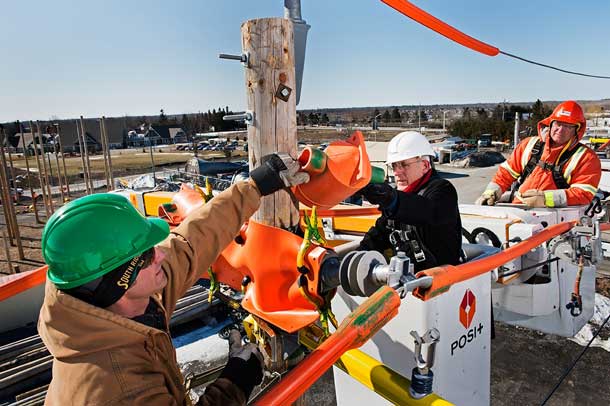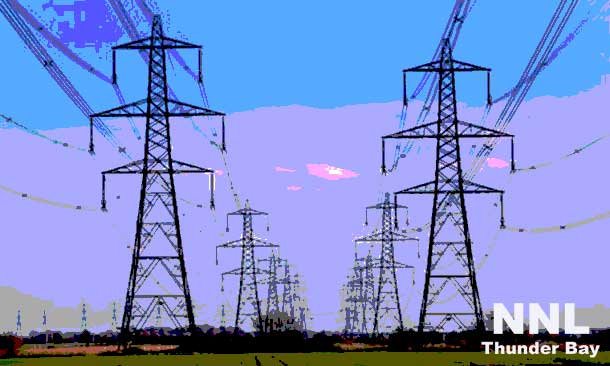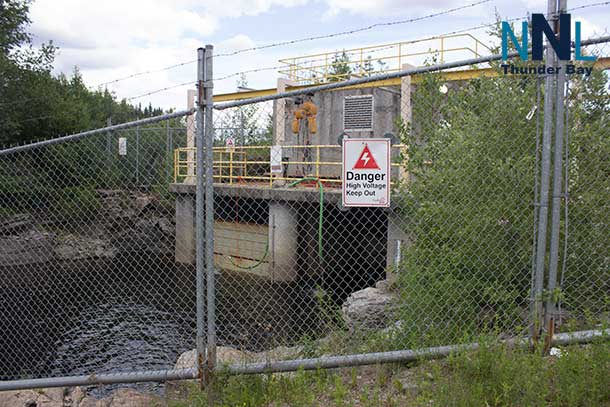
THUNDER BAY – BUSINESS – There are many positives happening in the North. It is going to take all of the positives possible to fully realize the much-needed successes in our region.
Some of the effort to effect change is going to come from embracing new ideas, new innovations and endorsing new business models.
Some of the successes are coming as more people are focusing on solutions, and new positive directions. Dealing with fundamental problems is key, and that work is ongoing.
Success depends on focused effort on fundamentals.
Some of those fundamentals include housing, education, solid and dependable infrastructure, and sound business practices.
Having safe, secure and available housing is a key. Across the North in many of the communities housing is in short supply, and expensive too.
Energy is critical for the North. While there is a growing move to alternative energy sources, there remains, for many communities a reliance on diesel powered generation for power.

Hydro One Remote Communities Inc. generates and distributes electricity to twenty-one communities in the most northern part of Ontario.
Due to the lack of grid connection, Hydro One generates electricity to meet those obligations under Section 26 of the Electricity Act, 1998.
Diesel generation is currently the prime source of electricity within these communities, but Hydro One also owns and operates two run-of-the-river mini-hydro electric generating facilities and four demonstration project windmills.
The communities are isolated and scattered across Ontario’s far north. Thirteen can only be accessed by aircraft or winter roads, and in the case of one community, by barge. Transporting staff, fuel and equipment across our vast, isolated service territory is one of the key logistical challenges.
There is a Canada-wide move to reduce diesel fuel dependence as a means of producing electricity.
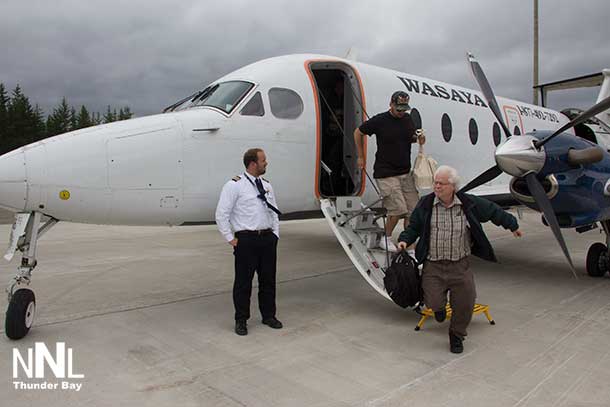
The governments of Manitoba, Quebec, Newfoundland and Labrador, The Northwest Territories, Yukon, and Ontario have established a Pan-Canadian Task Force to reduce the use of diesel fuel to generate electricity in remote communities.
This agreement followed the Council of the Federation’s announcement of the Canadian Energy Strategy, a demonstration of a shared commitment to strengthening the economy, creating jobs, ensuring a secure supply of energy for all Canadians, supporting energy innovation, and addressing climate change.
Reducing or eliminating diesel use in these communities would reduce harmful emissions, strengthen local economies, and create well-paying jobs.
Across Canada, there are nearly 300 off-grid communities with a total population of approximately 200,000 people. These communities include Aboriginal and non-Aboriginal settlements, villages or cities as well as long-term commercial outposts and camps for mining, fishing and forestry activities.
Of these sites, approximately 175 are indigenous communities (First Nations, Innu, Inuit or Métis) with approximately 130,000 residents.
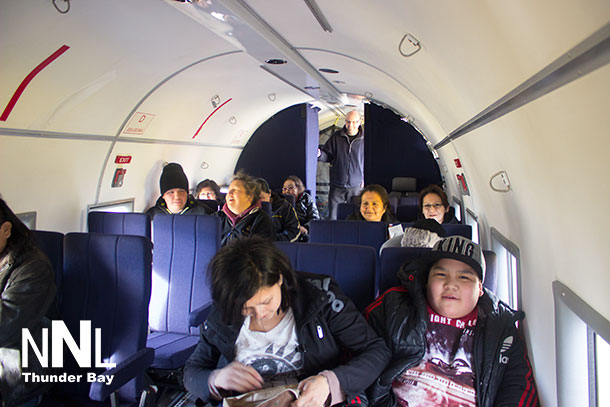
While only twenty-one communities are in Northern Ontario, the cost to those communities for energy remains very high. Larry Hebert with Common Voice Northwest states that across the North the cost of electric
There is a good news story in the North when it comes to Deer Lake First Nation. Hydro One has connected five homes to the power grid, after a long delay.
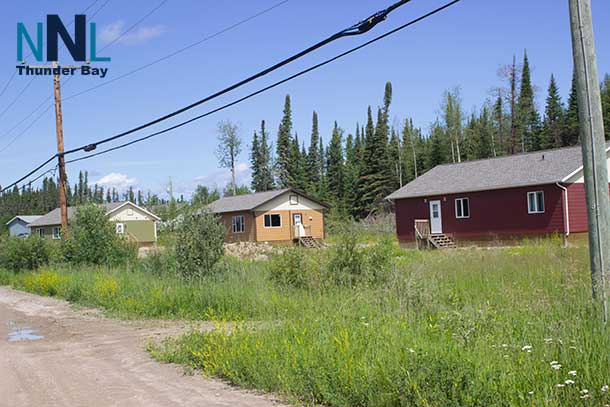
One of the ways that Northern communities can grow is by creating new ways to ensure that power is delivered. Diesel Fuel deliveries are critical now, but building capacities for alternative energy sources is key too.
One of the paradoxes of the North is that success, economic development, and strong communities all rely on energy. Not just energy in the form of electricity, and mechanical energy, but in energy of people in the communities too.

